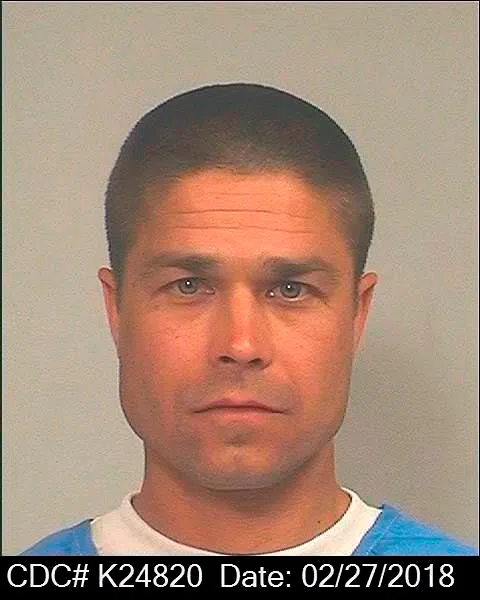
California considers limiting broad ‘felony murder’ law
SACRAMENTO, Calif. — Brandon Hein was 18 when he and three other teenagers were charged in the 1995 stabbing death of the 16-year-old son of a Los Angeles police detective.
One of Hein’s friends pulled a knife during a fistfight over marijuana. James Farris III died; Jason Holland testified that he committed the stabbings in a backyard clubhouse, but Hein was also sentenced to life in prison under California’s “felony murder” rule that holds accomplices to the same standard as if they had personally committed the crime.
Hein became a cause celebre almost immediately for those who thought his sentence too harsh, the subject of sympathetic webpages and a 2003 segment on CBS News’ “60 Minutes.” More than two decades later advocates point to his case as one example as they try to narrow the rule.
Even a few Republicans are backing the Senate-approved bill awaiting action in the Assembly before lawmakers adjourn for the year at the end of August. Critics say it’s unfair that accomplices can face execution or life prison sentences even if they were unaware that a killing would or did take place.
